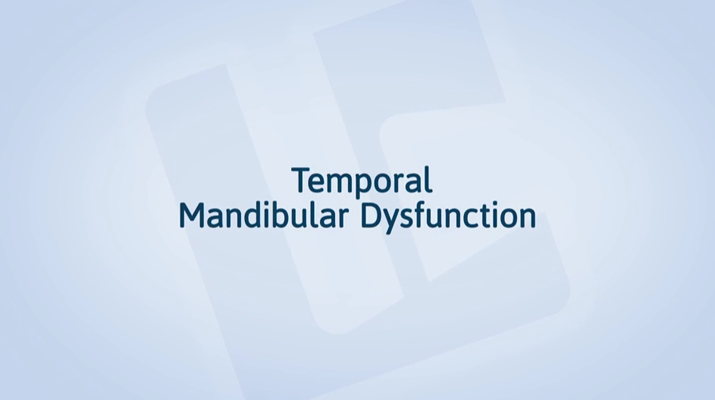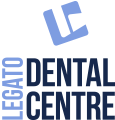
Temporomandibular Dysfunction (TMD)
We understand the significance of compassion in our work at Legato Dental Centre. Particularly when treating painful conditions like TMD, our patients’ comfort is always our primary focus.
Few people may realize the impact TMD can have on one’s quality of life. In the past, patients have come to us seeking help for debilitating symptoms that include chronic jaw pain or stiffness, headaches, problems chewing, snoring, and sore, chipped, broken and worn teeth. A result of the chewing muscles and jaw joints not working together correctly, we work with our patients to find and resolve the underlying problem, rather than just treating the resulting symptoms.
Treatment Options
extensive experience treating TMJ & TMD in Kelowna

Dental Appliances
We have had great success in treating these disorders using dental appliances, which serve to help the lower jaw function in a more appropriate relationship to the upper jaw. Once a patient has completed a consultation, we will begin to look at which appliance, if any, is best suited to their personal history and symptoms.

Prolotherapy
This is typically used for chronic myofascial and back pain, as well as osteoarthritis and sports injuries. Essentially, it’s a dextrose solution that we administer to patients with a series of injections. Provoking a regenerative tissue response, it can be an extremely beneficial treatment for TMD.

Trigger Point Injections
A trigger point is essentially a knot of muscle that forms when it fails to relax. It can trap or irritate surrounding nerves causing referred pain. Trigger point therapy involves injecting local anesthetic drugs into irritated muscle groups. Usually a brief course of treatment will result in sustained relief. Injections generally take just a few minutes and several sites may be injected at once.
Frequently Answered Questions
And little-known facts
What is “TMJ?”
The temporomandibular joint (TMJ) is the joint that connects the lower jaw (mandible ) to the skull in front of the ear. Within the joint is a disc made of cartilage. There are several ligaments that hold all of these structures together so that they work properly.
What is temporomandibular dysfunction?
You’ve probably heard of “TMJ” or “TMD.” People usually use these terms to describe a problem with the function of the jaw joints and muscles that control the lower jaw. Temporomandibular dysfunction is group of disorders caused by damage to the jaw joints, the muscles controlling the lower jaw and several other related structures.
What are the symptoms of TMJ disorders?
Symptoms of temporomandibular joint disorders include the following:
- Clicking or popping in the jaw joint
- Pain when chewing or yawning or talking
- Headaches
- Locked Jaw – Inability to open the mouth wide
- Dizziness
- Ringing in the ear – Tinnitus
How do you diagnose temporomandibular dysfunction?
You will be asked to complete a thorough history of your pain and discomfort. A thorough examination will be conducted that includes digital diagnostics and radiographs of your temporomandibular joints.
How do you treat temporomandibular dysfunction?
Techniques used to treat these disorders are focused on the underlying problem, not just the symptoms. Your treatment may include the use of an appliance to help your lower jaw function in a more appropriate relationship to your upper jaw. Other treatments may include trigger point injections or prolotherapy. Each individual is treated with a customized plan to help him or her return to normal function.
What does Phase I mean?
Phase I treatment refers to helping you manage your pain and dysfunction so that you can function normally. This process will take 3-6 months on average.
What is Phase II treatment?
Once your pain and dysfunction are managed a plan must be determined to maintain this result. Phase II treatments may be as simple sleeping with a customized oral appliance. Phase II treatments can also include crowns and bridges or orthodontics. Each individual’s plan will be different.

